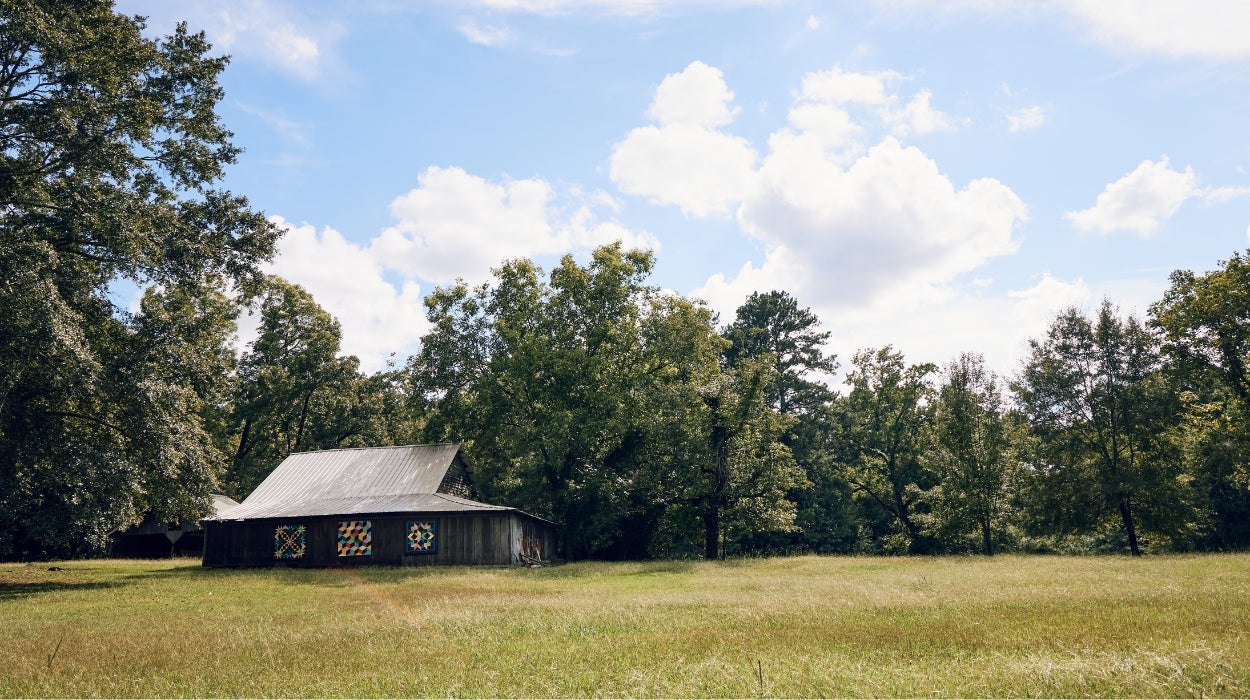Farm Resilience: The Mighty Power of Small Farms

From droughts and floods to pests and disease, the challenges facing our food systems are growing every day. But here’s the twist: It’s not the size of the farm that determines its strength—it’s how it’s built. Small, sustainable farms have the resilience to weather the storms—literal and figurative—that are changing the face of agriculture.
Farm resilience is about more than just keeping small farms afloat; it’s about ensuring that America has a secure and adaptable food system for generations to come. And here’s the truth: Big Ag? Not so resilient.
The Problem: Big Ag’s Fragility
Today, industrial agriculture controls over 60% of U.S. agricultural production—but it represents only 6% of the nation’s total farms. Despite its vast reach, Big Ag is not built to endure. While it may deliver massive yields in the short term, its reliance on monoculture crops and large-scale factory farming creates a system that is highly vulnerable to climate change, pests, diseases, and market volatility.
Monocultures: Not as Tough as They Look
One of the biggest vulnerabilities of Big Ag is monoculture farming—the practice of growing a single crop year after year over large expanses of land. This approach may seem efficient, but it leaves farms exposed to a multitude of risks:
-
Vulnerability to Pests and Diseases: In a monoculture system, a pest or disease that targets one crop can decimate the entire field in no time. The lack of diversity makes it easier for threats to spread quickly and uncontrollably.
-
Depleted Soil: When the same crop is grown over and over, the soil becomes depleted of specific nutrients. Without crop rotation or diverse root systems, soil erosion accelerates, and the land becomes less fertile, leading to a reliance on synthetic fertilizers.
-
Climate Change: As weather patterns grow more erratic due to climate change, monocultures struggle. Droughts, floods, and extreme temperatures hit hard, and these farms often lack the adaptability needed to withstand such conditions.
-
Increased Chemical Use: To maintain yields, monocultures often depend on pesticides and chemical fertilizers. While effective in the short term, these chemicals harm biodiversity, pollute ecosystems, and threaten human health.
Feedlots: The Hidden Cost of Industrial Meat
When it comes to raising livestock, industrial feedlots and CAFOS are a prime example of Big Ag’s unsustainable practices. Overcrowded, heavily medicated, and reliant on massive amounts of grain, feedlots contribute to environmental degradation and pose significant health risks.
-
Pollution: Feedlots and CAFOS produce vast amounts of waste, much of which ends up polluting air and water, creating dangerous runoff and contributing to "dead zones" in rivers and oceans.
-
Public Health Risks: With overcrowded conditions come the spread of diseases, including antibiotic-resistant bacteria. Feedlot operations and CAFOS often rely heavily on antibiotics to keep animals healthy, but this comes at the cost of creating superbugs that threaten both animal and human health.
-
Animal Welfare: The confined spaces and unnatural conditions of feedlots raise serious concerns about the treatment of animals. Factory farming puts profit over the well-being of the creatures it seeks to exploit.
The Solution: Small Farms, Big Resilience
The answer isn’t in making Big Ag more “efficient” but in building a food system that’s decentralized, diversified, and resilient. Here’s what a sustainable, resilient farm system looks like:
-
Thousands of Small Farms Over a Few Giants: Small, diversified farms are much less likely to suffer the kind of catastrophic failures that Big Ag faces. Studies show that larger farms, with their monoculture crops and tight margins, are more vulnerable to outbreaks and climate shocks.
-
Animals Raised on Pasture, Not in Feedlots: Small farms raise animals in smaller flocks, giving them space to roam and a diet that supports healthy immune systems. Studies show that animals raised this way are not only healthier but also better equipped to fend off diseases naturally—without the need for heavy antibiotics.
-
Local and Regional Processing: Instead of relying on massive, centralized processing plants, small farms thrive on local and regional systems that can remain stable even when supply chains break down. Remember the meat shortages during the COVID-19 pandemic? When large processing plants shut down, local, pasture-based operations kept feeding their communities. That’s resilience in action.
How We’re Fighting Back
At Grass Roots, we’re committed to fostering a resilient food system that supports the health of both the land and the people who rely on it. Here’s how we make it happen:
-
Diversity: We believe in biodiversity, from the soil up. Our farms grow a variety of crops and raise animals on pasture, encouraging a healthy, balanced ecosystem that’s less vulnerable to pests, diseases, and extreme weather.
-
No Feedlots, Just Pastures: We keep our animals on the land they were meant to roam, providing them with space to grow naturally. By raising our animals in small, pasture-based flocks and herds, we ensure that they remain healthy and resilient—no antibiotics, no overcrowding, and no factory farms.
-
Regenerative Agriculture: We practice regenerative farming techniques that prioritize soil health and ecosystem restoration. By focusing on restoring the land, we ensure that future generations can continue to farm sustainably and resiliently.
When you shop with us, you’re directly supporting farms that were built to last, built to stand the test of time in an ever-changing world, and built to feed the next generation, too.
Happy Earth Month and Happy Eating!
To read more about how we’re working to create a resilient network of farms, check out these blogs:



